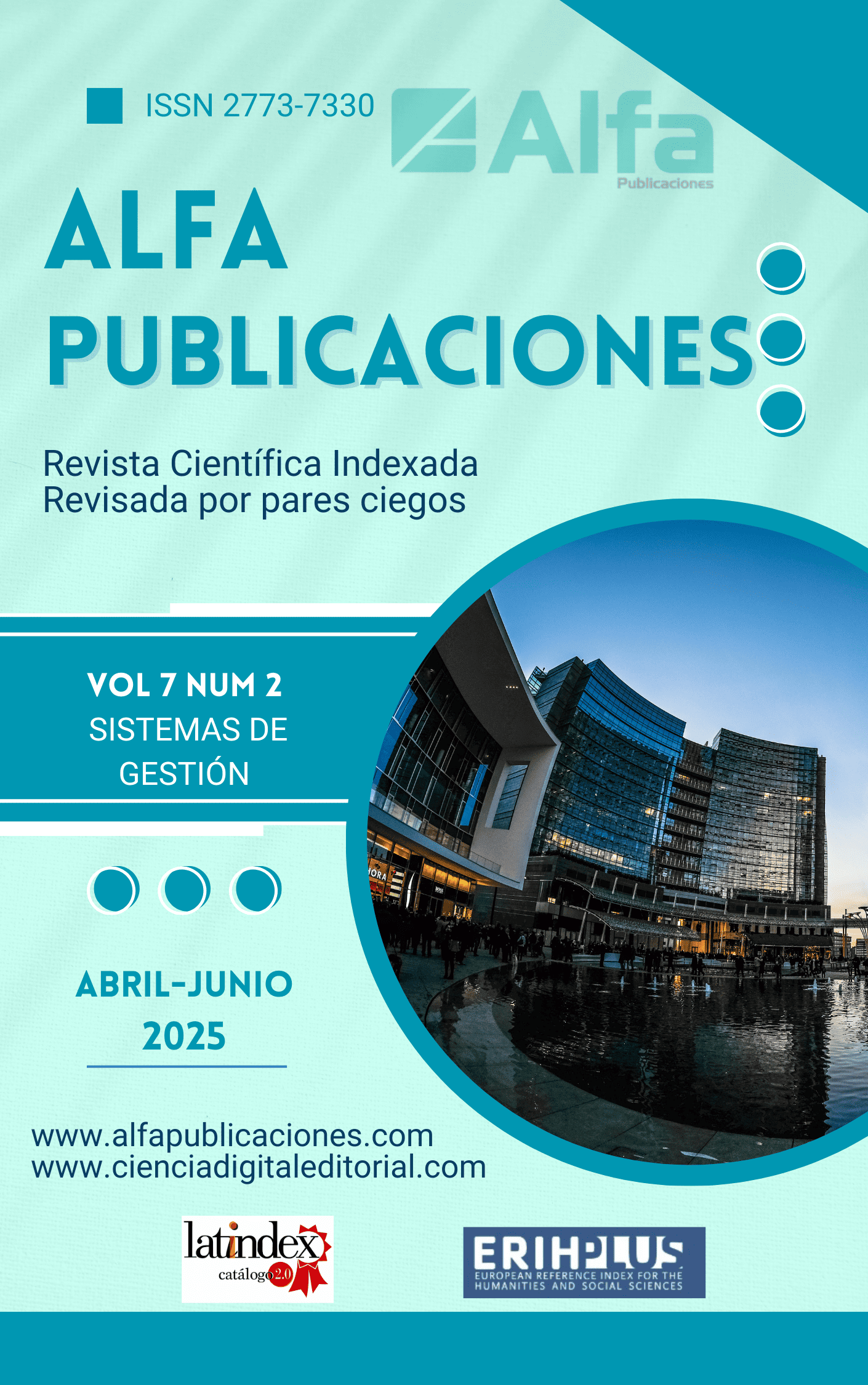Artificial intelligence in education: transforming digital environments for personalized learning
Main Article Content
Abstract
Introduction. The integration of artificial intelligence (AI) in the educational field has caused an unprecedented transformation in digital learning environments, driving the personalization of teaching and redefining traditional pedagogical methodologies. Objective. The general objective of the research was to analyze the impact of Artificial Intelligence (AI) on the transformation of digital learning environments and its contribution to educational personalization. The research problem lies in that, although AI has the potential to improve education, its adoption faces barriers such as the lack of teacher training, inequality in access to technological infrastructure, and resistance to change in some institutions. Methodology. Regarding the methodology, a quantitative, non-experimental, cross-sectional, and correlational-causal approach was used. A survey was used to analyze student perceptions of the integration of AI in education. Results. The research was conducted at the "Ángel Polivio Chávez" Basic Education School, in Cuenca, with a population of 150 Upper Basic students, selected through non-probabilistic convenience sampling. A key finding was the Spearman correlation (ρ = 0.903, p = 0.000), which indicates an extraordinarily strong and positive relationship between AI integration and the impact on personalized learning. That is, the greater the implementation of AI, the greater the personalization of teaching. Conclusion. In conclusion, while AI can transform education, its success depends on teacher training, technological infrastructure, and equity of access. General area of study: Education Specific area of study: Pedagogy in Digital Environments Type of study: Original article.
Downloads
Article Details
dssfdsf
dsfdsf

